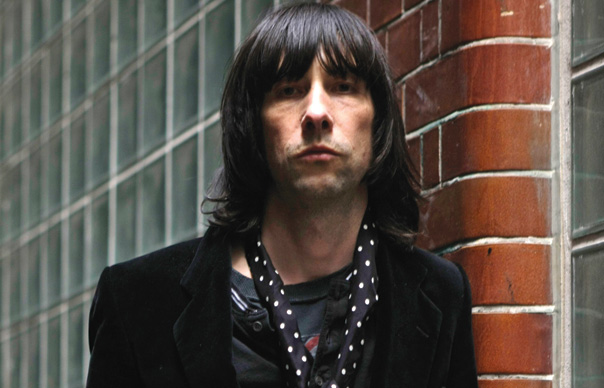If Gillespie is doing his level best to be a good father to his sons, then it’s a model he inherited from his own father, Robert Sr, a SOGAT official, who Bobby describes as “a very moral guy, very fair. He was also quite non-judgmental. Other kids I went to school with, their parents were religious bigots and racists and violent, and my dad was a good guy.”
Gillespie was born in Springburn, to the north of Glasgow, on June 22, 1962, around the time the suburb was selected as part of the city’s Comprehensive Development Area programme. On paper this was an impressively forward-thinking scheme designed to demolish the city’s dilapidated four-storey Victorian tenements and replace them with modern tower blocks, and Gillespie recalls being aged 8 or 9 and having “four or five streets full of empty houses to play in. We’d get up into the attics and we’d go from one end of the street, just walking through the attics. We’d smash the doors down. You know, like there’d been a war and people had to escape an invading army? That’s what it was like.”
In the mid-’70s, though, the CDA programme had reshaped Springburn as a warren of high-rise housing estates, with a reputation as one of Glasgow’s most notorious districts. By the time he was 17, Gillespie had “a lot of fucking hatred because of where you were… if you went to the school that I went to, we were factory fodder, dole fodder, the scrap heap.”
Gillespie’s solution was, while not exactly revolutionary, certainly a tried and tested means of escaping the grim actualities of dole life. He formed a rock’n’roll band, Primal Scream. And, just for good measure, he joined another one in 1984, The Jesus And Mary Chain, led by schoolfriends Jim and William Reid, with whom he played drums.
The original motivation behind the Scream was, according to Gillespie about “trying to write something that reflected how it felt to be alive at that time. I remember thinking the music you might hear in the charts was a lie, because how could people be that happy? Everywhere I looked, everybody’s fucking miserable, everybody’s fucked up on booze or glue.”


